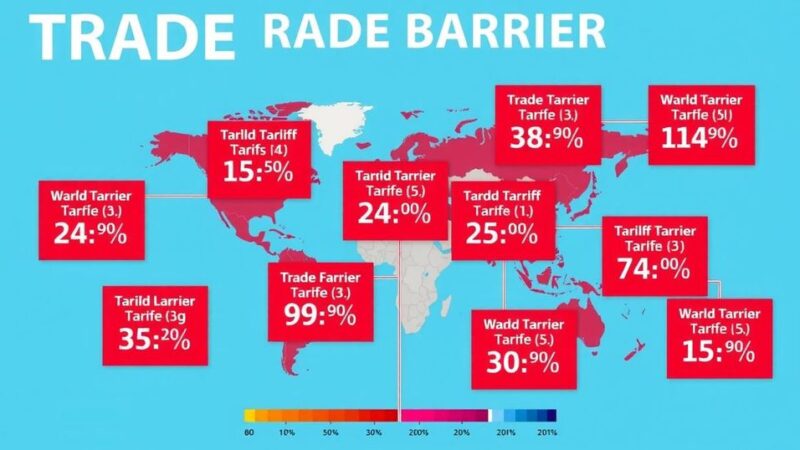Ahsan Mansur, Bangladesh Bank Governor, is working with UK authorities to recover billions lost to corruption, targeting influential figures involved in asset misappropriation. Despite facing a disinformation campaign aimed at undermining his credibility, Mansur is establishing connections with legal experts. He emphasizes the importance of stabilizing the banking system and securing public deposits as part of the nation’s long-term economic recovery.
The Governor of Bangladesh Bank, Ahsan Mansur, is spearheading efforts to recover approximately billions of dollars stolen from Bangladesh in the past 15 years. Collaborating with UK authorities, Mansur has met with officials, NGOs, and experts in London to locate assets allegedly misappropriated under the regime of Sheikh Hasina. Investigations indicate that associates of Hasina have invested substantial sums in London real estate, raising concern over corruption.
During his visit to London, Mansur faced a disinformation campaign aimed at discrediting him; prior to his arrival, misleading emails targeting his reputation were sent to multiple Members of Parliament. Mansur asserted that the recovery efforts are directed at individuals responsible for significant resource diversion from Bangladesh’s banking system. He expressed confidence in identifying those behind the campaign and emphasized his mission is focused on accountability rather than personal attacks.
The allegations against Tulip Siddiq, a former British minister and relative of Sheikh Hasina, have also been mentioned as part of this context. However, Mansur affirmed he has no ties to the accusations against her and dismissed personal attacks against his family, citing their American citizenship. His commitment remains directed towards those implicated in the systemic looting of Bangladeshi banks.
Mansur highlighted London as a sought-after destination for individuals involved in corruption, characterizing it as a haven for kleptocrats from various nations. Despite the complexities of asset recovery, he noted that the UK government is supportive of Bangladesh’s plans, and collaboration has commenced between Bangladeshi authorities and the UK’s National Crime Agency.
Recently, Mansur organized a summit of legal practitioners, all eager to assist in asset recovery efforts. He recognized the effectiveness of British legal provisions and expressed hope that successful precedents could be established. The next pivotal step includes obtaining formal requests to impose asset freezes in the UK, which requires meticulous evidence gathering.
Mansur emphasized the importance of safeguarding the public’s deposits, pointing out that stabilizing the banking system is essential for the long-term economic health of Bangladesh. His dedication to this cause led him to resume his role in public service despite health challenges. Having declined a prior opportunity under Hasina’s government, he is now committed to playing a crucial role in the new era following the recent political upheaval in Bangladesh.
In conclusion, Ahsan Mansur’s relentless pursuit of recovery for stolen assets embodies a significant effort against corruption in Bangladesh. His collaboration with UK authorities and legal experts signifies a committed response to the country’s financial mismanagement. Mansur’s leadership underscores the need for accountability while tackling the complex challenges of tracing and repatriating assets misappropriated from Bangladesh’s banking system, crucial for the nation’s economic revival.
Original Source: www.tbsnews.net






